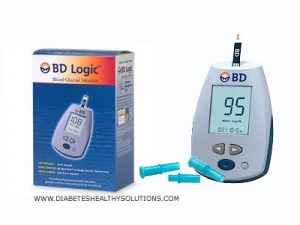Normal Fasting Blood Glucose Level

When it comes to determining the normal fasting blood glucose level the numbers are sometimes subject to the individual. In most cases, however, a normal fasting blood glucose level is considered to be between 60 and 100 mg/dl. This is not a hard and fast rule however, as at times blood glucose levels can be influenced by age, weight, and even underlying health problems. The number one concern is that if you or someone you know suddenly develops increased thirst, increased appetite, and increased urination, and/or if there is a family history of diabetes it is probably time for a trip to the doctor to test for a normal fasting blood glucose level. (more…)

